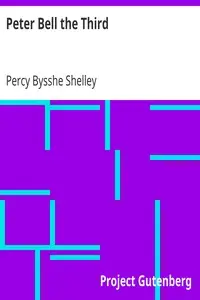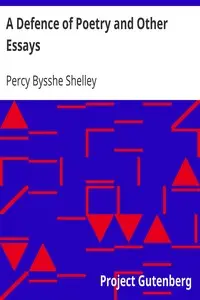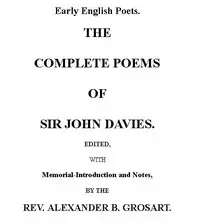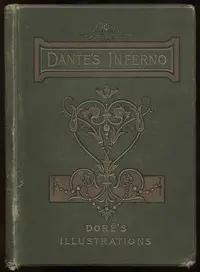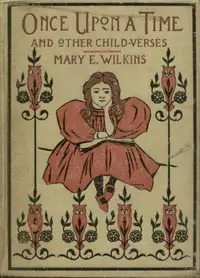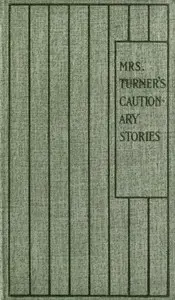"The Sensitive Plant" by Percy Bysshe Shelley is an early 19th-century poem where beauty, love, and the reality of death intertwine through a tender plant and the kind woman who cares for it. The poem shows the short-lived nature of life and how beauty disappears, reflecting Shelley's interest in the feelings connected to being alive. Set in a thriving garden, the plant grows because of the gentle lady's care. As seasons pass, the plant flourishes with the garden, symbolizing love and desire. But the poem darkens when the lady dies, causing the garden to fall apart and the plant to vanish. Shelley makes us think about life and death, suggesting that even though beauty fades, it lives on in our memories and spirit. The poem is a touching look at human feelings mixed with the patterns of nature.
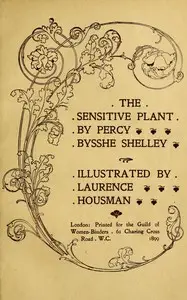
The sensitive plant
By Percy Bysshe Shelley
In a vibrant garden, a tender plant's fate is tragically linked to the caring lady who cultivates it, revealing the delicate balance between life, love, and inevitable loss.
Summary
About the AuthorPercy Bysshe Shelley was an English writer who is considered one of the major English Romantic poets. A radical in his poetry as well as in his political and social views, Shelley did not achieve fame during his lifetime, but recognition of his achievements in poetry grew steadily following his death, and he became an important influence on subsequent generations of poets, including Robert Browning, Algernon Charles Swinburne, Thomas Hardy, and W. B. Yeats. American literary critic Harold Bloom describes him as "a superb craftsman, a lyric poet without rival, and surely one of the most advanced sceptical intellects ever to write a poem."
Percy Bysshe Shelley was an English writer who is considered one of the major English Romantic poets. A radical in his poetry as well as in his political and social views, Shelley did not achieve fame during his lifetime, but recognition of his achievements in poetry grew steadily following his death, and he became an important influence on subsequent generations of poets, including Robert Browning, Algernon Charles Swinburne, Thomas Hardy, and W. B. Yeats. American literary critic Harold Bloom describes him as "a superb craftsman, a lyric poet without rival, and surely one of the most advanced sceptical intellects ever to write a poem."



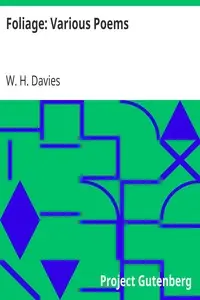

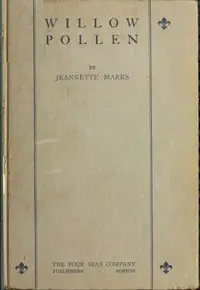
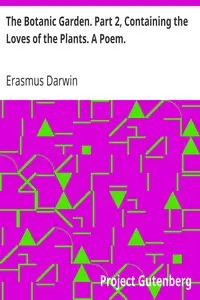
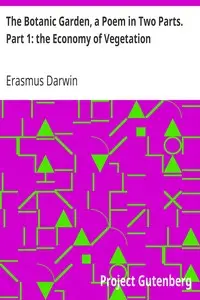

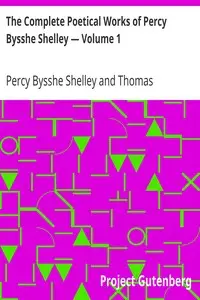
![The Prose Works of Percy Bysshe Shelley, Vol. 1 [of 2] by Percy Bysshe Shelley](https://cdn.a2-host.cloud/Mj1FeLags-X4KjNGmLV22-gllqKOcsvwDOz1w2-8-q0/rs:fill:215:325:0/g:ce/aHR0cHM6Ly9zcC1hc3NldHMuczMudXMtd2VzdC0wMDQuYmFja2JsYXplYjIuY29tL2Jvb2svNjc5MjUvVGhlX1Byb3NlX1dvcmtzX29mX1BlcmN5X0J5c3NoZV9TaGVsbGV5X1ZvbF8xX29mXzJfY292ZXIuanBn.webp)
